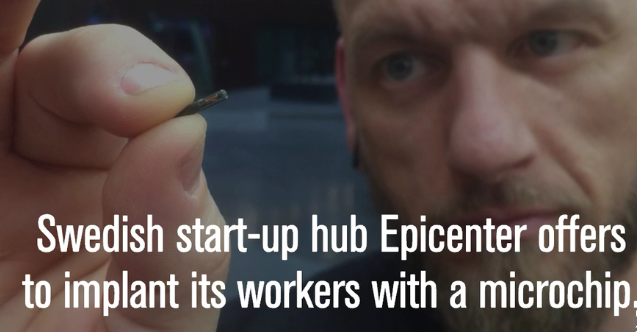Missouri lawmakers heard a bill Monday to make some business owners liable for shootings on their property.
The House General Laws Committee was packed with gun control activists and business leaders for testimony on House BIll 96. Testimony was limited to just two minutes per speaker.
Last year, Missouri became a constitutional carry state, meaning anyone who is legally allowed to have a gun can carry it without a permit.
However, guns are still banned in places like schools and churches, and businesses with signs indicating they do not allow guns on the property.
 The small implants use near-field communication technology, or NFC, the same as in contactless credit cards or mobile payments. When activated by a reader a few inches away, a small amount of data flows between the two devices via electromagnetic waves. The implants are “passive,” meaning they contain information that other devices can read, but cannot read information themselves.
The small implants use near-field communication technology, or NFC, the same as in contactless credit cards or mobile payments. When activated by a reader a few inches away, a small amount of data flows between the two devices via electromagnetic waves. The implants are “passive,” meaning they contain information that other devices can read, but cannot read information themselves. A Wilmington police officer who was filmed lying to an Uber driver about a state law that allows people to film police was demoted after an internal investigation.
A Wilmington police officer who was filmed lying to an Uber driver about a state law that allows people to film police was demoted after an internal investigation.